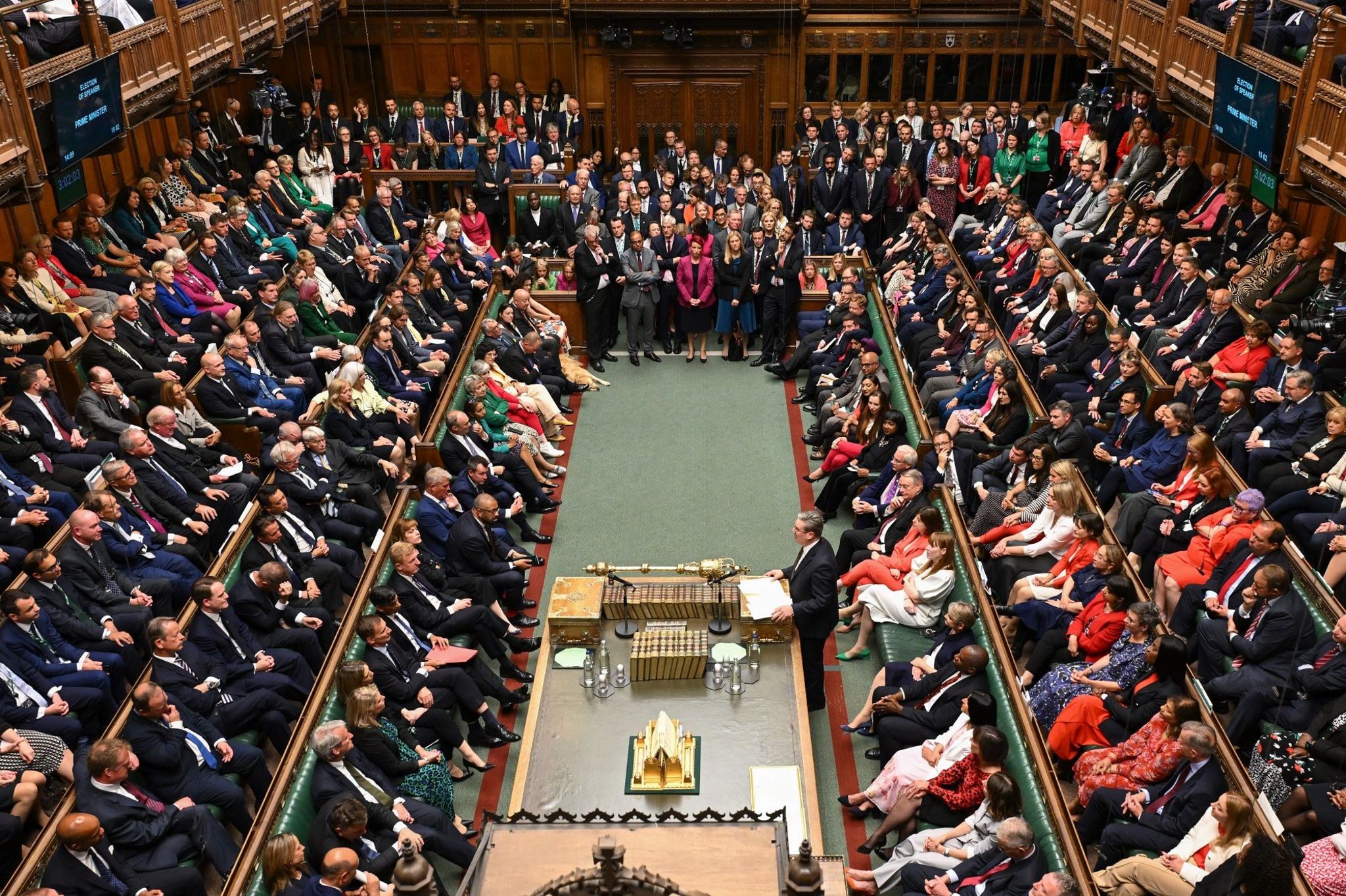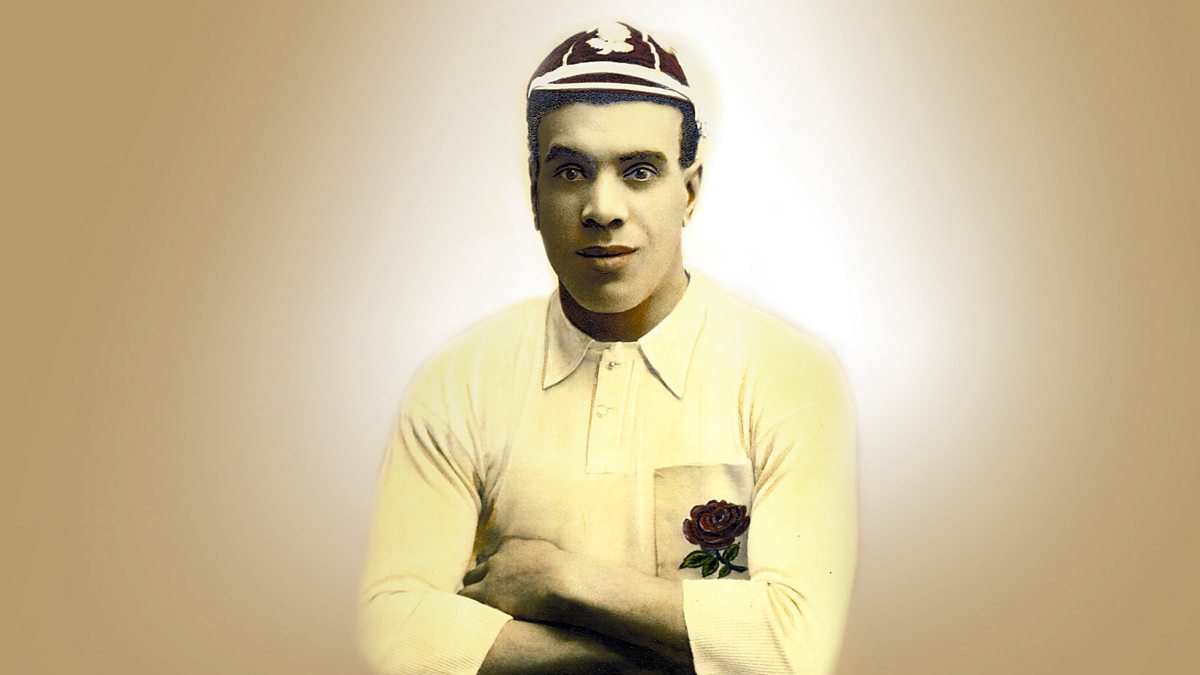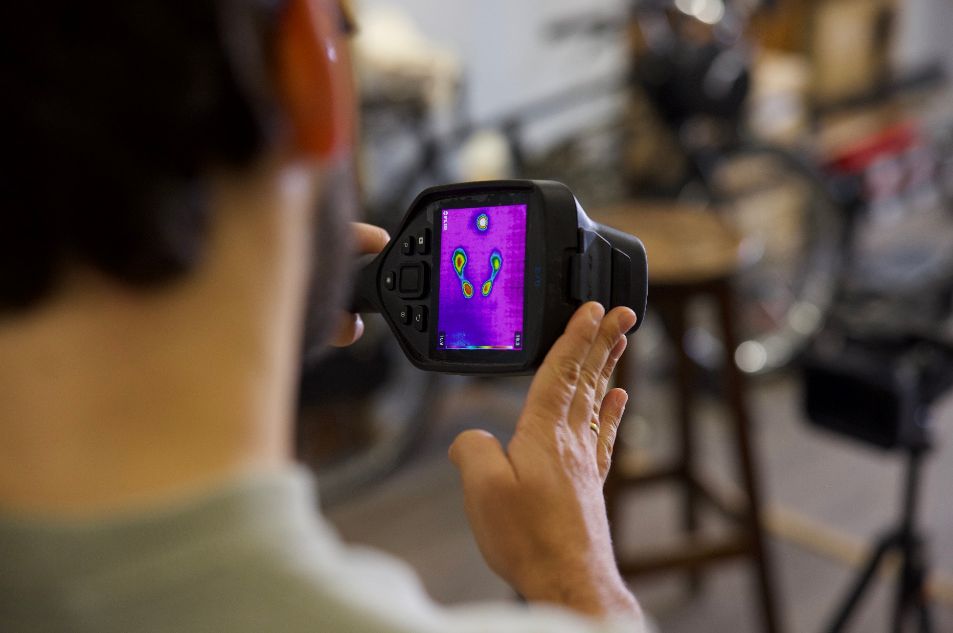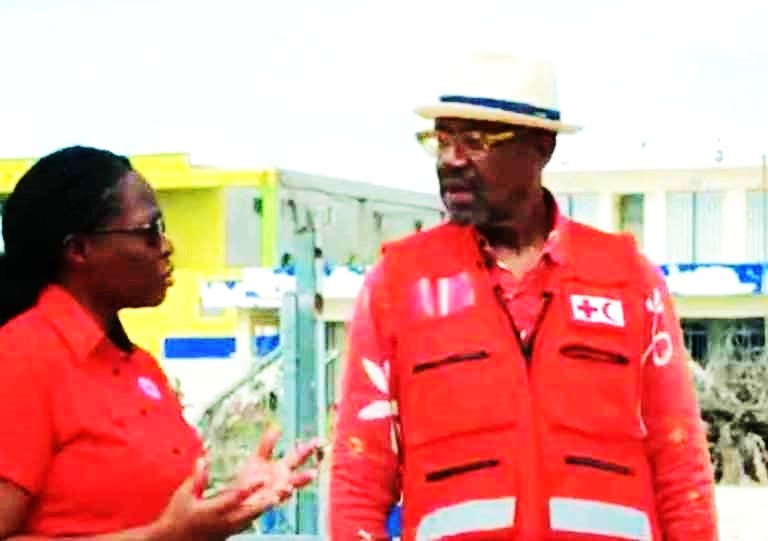With a vast majority of this year’s Rugby Union World Cup sides showcasing the massive diversity during the current tournament – with teams displaying a multitude of their respective country’s multicultural presence today - it’s worth, during this Black History Month, to look back at the first Black rugby player, to represent both codes, in England.
From a difficult start growing up in London orphanages, after his Jamaican father was mauled to death taming lions in a British circus, James Peters was famed for being the very first Black man to play rugby union in England. But, from day one, it was never easy for the trailblazer.
Born in Salford, in Greater Manchester, Peters' mother, Hannah Gough, who came from Shropshire, was unable to look after him so allowed him to join another circus troupe as a bareback horse rider. But he was abandoned by the circus at age 11, having broken his arm, before finding himself in orphanages in London. Whilst at an orphanage in Greenwich, he was captain of the Greenwich Admirals Rugby League Club – who now celebrate his life with an annual challenge game.
Training as a printer and carpenter, his trade brought him to Bristol, where he played as a fly-half for Dings Crusaders, Knowle and Bristol Rugby Club, and represented the Somerset County team between 1900 and 1903. When he signed for Bristol, and despite some players protesting and resigning because he was Black, he went on to play for Plymouth and Devon, before winning his first cap for England, against Scotland, in 1907.
He was to play one further game, against France, scoring a try, before he became embroiled in controversy regarding the touring South African Springboks, as some the touring team objected to him playing against them, due to his colour, and he was not picked for the national team against the tourists. Peters went on to be capped three more times - in 1907 and 1908, before moving from Union to Rugby League.
In 1910, Peters lost three fingers in a dockyard accident, and although it was initially feared he could not play again he continued to play until 1912 when politics forced Peters out of rugby union. Clubs in the south-west of England attempted to form a Western League (later Rugby league) and play competitive fixtures.
He was suspended for accepting payment from Devon Rugby Club, which was illegal according to the codes of rugby union, with many players, including James, along with RFC Plymouth, was suspended by the RFU. Plymouth's ground closed, signalling the end of Plymouth RFC, with the rules of professionalism often owing more to politics than finance.
By the age of 34, and him being disillusioned with rugby union, Peters was accepted into rugby league, with him returning to his native northwest. He played for Barrow in 1913, before moving to St. Helens a year later - until his final retirement from the game.
He died in 1954, aged 74.











